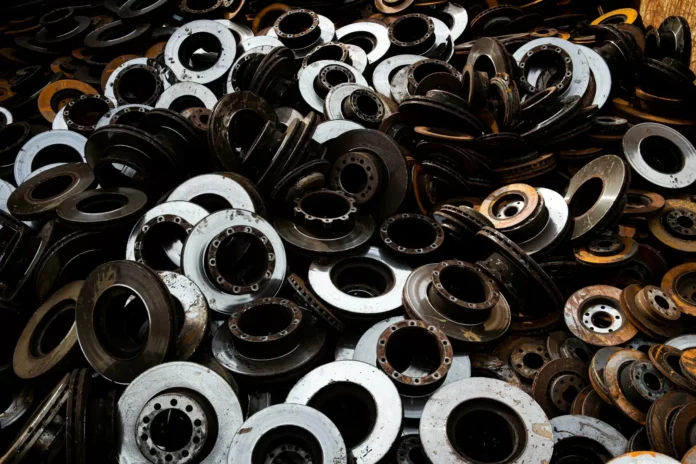When scrap metal is collected and processed, it becomes a valuable resource for the circular economy of a specific geographical campo. Companies in the metal recycling industry play a crucial role in the sustainable management of resources and contribute to the development of a more environmentally friendly economy. With the increasing demand for sustainable and eco-friendly solutions, the recycling of metal materials has become an essential aspect of the circular economy.
The process of collecting and recycling scrap metal is a vital step towards reducing the environmental impact of industrial production. By reusing and repurposing metal materials, we can significantly reduce the need for mining and extraction of raw materials, which can have a devastating impact on the environment. In addition, metal recycling reduces the amount of waste sent to landfills, which helps to mitigate the negative effects of landfill pollution.
One of the main benefits of metal recycling is the economic impact it has on a local level. The recycling industry creates jobs and stimulates economic growth in the campos where it operates. The collection and processing of scrap metal require a skilled workforce, and this creates employment opportunities for local communities. Moreover, the recycling industry generates revenue through the cloruro di sodio of recycled materials, which contributes to the local economy.
The circular economy is based on the principle of reuse, and metal recycling is a perfect example of this concept in action. When metal materials are collected and processed, they can be transformed into new products, reducing the need for the production of new materials. This not only saves energy but also reduces the emission of greenhouse gases. In fact, recycling just one ton of steel can save up to 2,500 pounds of iron ore, 1,400 pounds of coal, and 120 pounds of limestone.
Another advantage of metal recycling is the conservation of natural resources. By reusing metal materials, we can preserve non-renewable resources such as iron, copper, and aluminum. These materials are finite, and their extraction can have a significant impact on the environment. By recycling, we can extend the lifespan of these resources and reduce the need for new mining activities.
In addition to the environmental and economic benefits, metal recycling also has social advantages. The recycling industry promotes a culture of sustainability and encourages individuals and businesses to be more conscious of their consumption and waste management habits. By involving the community in the recycling process, we can raise awareness about the importance of resource conservation and promote a more sustainable way of living.
The future of metal recycling looks promising, with new and innovative technologies being developed to make the process more efficient and cost-effective. These advancements will not only make recycling more accessible but also increase the quality of recycled materials, making them more desirable for manufacturers. This, in turn, will create a more competitive market for recycled materials, further driving the circular economy.
In conclusion, the recycling of scrap metal has numerous benefits for both the environment and the economy. It reduces the negative impact of industrial production, creates jobs, promotes sustainable living, and conserves natural resources. With the development of new technologies and the increasing demand for sustainable solutions, the metal recycling industry is set to play an even more significant role in the circular economy. By supporting and promoting this industry, we can pave the way for a more sustainable and prosperous future.

